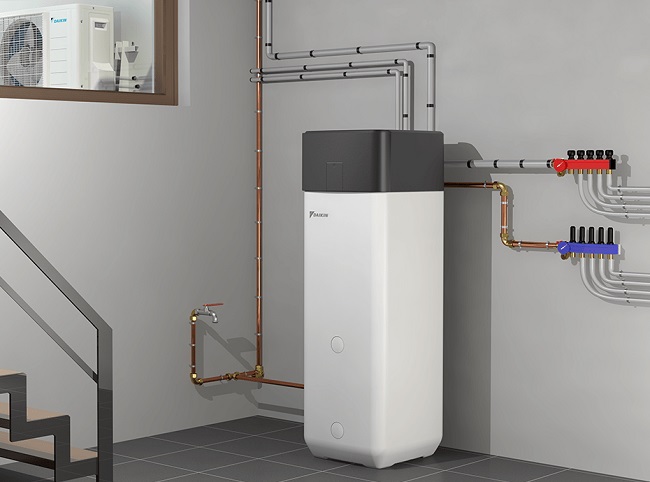Advantages and Drawbacks of Heat Pumps
Heat pumps use a compressor and a circulating structure of liquid or gas refrigerant to pump or move heat from one location to another. Heat is taken from outside sources and circulated indoors. Hot Water Heat Pump has a number of benefits for your house. Pumping heat consumes less electricity than using power only to transform it. In the summer, the cycle is reversed, and the machine functions as an air conditioner.
Pros and Cons of Heat Pump
- Maintenance is Reduced
Heat pumps are less maintenance-intensive than traditional heating systems. Some system details must be examined on a regular basis, once a year, and this may be done easily by yourself. A professional installation, on the other hand, must inspect the system every three to five years.
- Improved Security
Heat pumps are less dangerous than heating systems that rely on combustion. They are safe to use, and because they rely on electricity rather than burning fuel to create heat, they pose fewer safety risks than their competitors.

- Emissions of Carbon Dioxide are Reduced
Heat pumps systems reduce carbon emissions and have an efficient energy-to-heat conversion rate. Water source Heat pump, for example, may achieve efficiencies of up to 600 percent.
- Provides Cooling
Heat pumps may reverse the process and operate as an air conditioner during hot weather. During the summer, the air Heat pump may easily be converted to cooling mode.
- Long Life Expectancy
Heat pumps have a reasonably long lifespan, up to 50 years, but the typical lifespan is between 14 and 15 years. Despite these figures, they are a very dependable and consistent source of heat.
- High Initial Investment
Heat pumps have a high initial cost, but their operational expenses convert to long-term energy bill reductions and lead to a path of lower carbon emissions.
- Installing It Is Difficult
Heat pumps are challenging to install because they involve knowledge on the flow of heat, local geology (particularly for ground source Heat pump), and your household's heating and cooling requirements.
- Sustainability is in Doubt
Because some of the heat transfer fluids utilised are of dubious sustainability and hence generate environmental problems, it is advised that biodegradable fluids be used.
- It Necessitates A Substantial Amount of Effort
The installation of a heat pump necessitates a substantial amount of effort and interruption to your home and yard. A good illustration would be the need for penetrations through the building cladding.
- Cold Weather Issues
Few Heat pumps have problems in cold places, which can lead to system damage. As a result, complete heat pump efficiency in cold weather is not possible. However, an enhanced heat pump system that overcomes this issue is a possibility. Always check your heat pump's Seasonal Performance Factor (SPF).
The benefits of heat pumps clearly show that they are a wise long-term investment. Heat pumps are certainly worth it, given that the operating expenses save you money on your energy bills because the mechanism just transports heat from one place to another rather than creating it, and the government aids you in your transition to a green energy solution. With the upcoming new heat and buildings strategy, it is envisaged that the use of different Heat pumps as a low-carbon heating option would grow even further.
Post Your Ad Here

Comments